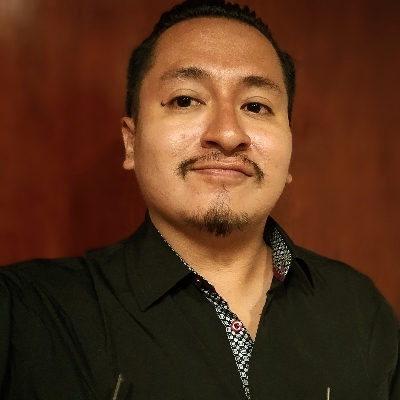Editor’s Note: This poem is available to read in Quechua and English. Scroll down to read in English.
Warmipa qapariynin
Warmipa qapariyninqa
mamapachapa qapariyninmi
sap’inkunata taqwaptinku
aychanta kuchuptinku.
Warmipa qapariyninqa
mayupa kikin qapariyninmi
wawankunata ñut’uptinku
mana valiqhinata wisch’uptinku.
Warmipa qapariyninqa
wayrapa llaki sukanhinam
pisquchakuna qasi kayta
maskananpaq ripuptinku.
Warmipa sunqunqa
pachamamapa kikin sunqunmi
ñak’arispa, wawankunapa musqunta
p’ampaptinku.
Ichaqa kay warmipa sunqunqa
mamapachapa sunqunhina
sapa patpatyasqanpi
Musuqyakuptin.
¡Warmipa sunqunqa,
mamapachapa kikin sunqunmi!
Cries of a Woman
Cries of a woman
like howls of Mother Earth
when someone lacerates her blossoms,
when someone hurts her flesh.
Cries of a woman
like the weeping of a river
when someone breaks her children
and they are thrown away as worthless beings.
Cries of a woman
like the hiss of dark winds
when the birds, the pisquchakuna,
leave their nests to search for a quiet place.
A woman’s heart
is the heart of Mother Earth
lashed by cutting edges
when killers engulf her children’s dreams.
But a woman’s heart
is also like the Sacred Land
that renews itself
in a unique sound that reverberates heartily.
The heart of a woman
is the heart of Mother Earth!
Translated from Quechua to English by Christian Elguera



